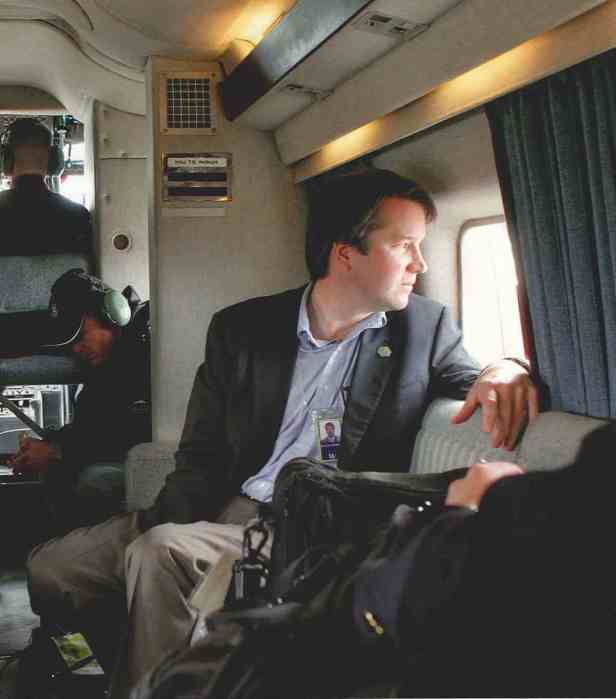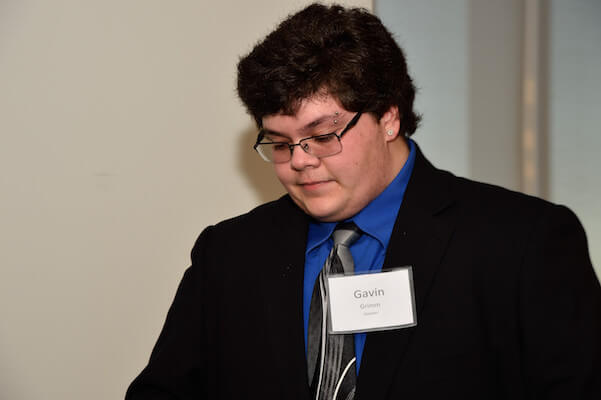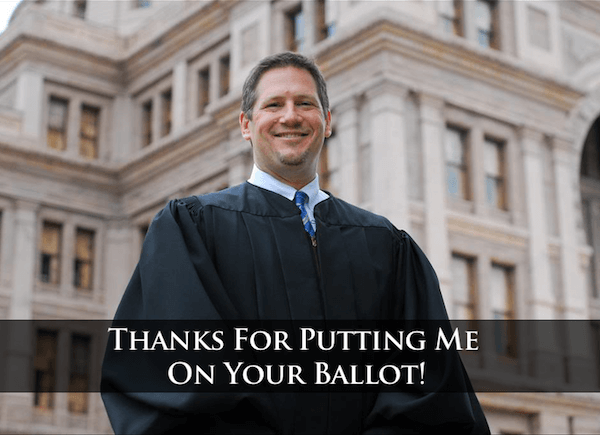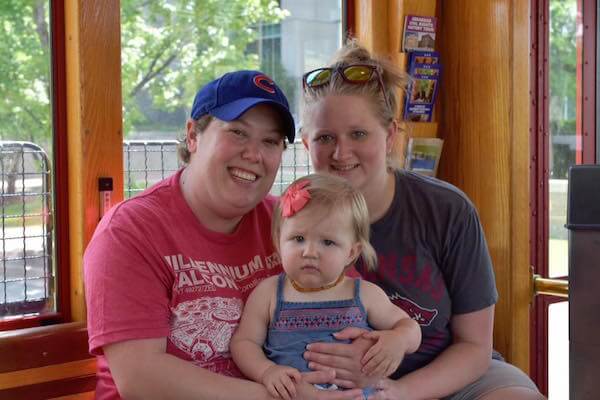California Attorney General Kamala Harris. | CALIFORNIA ATTORNEY GENERAL'S OFFICE
Two weeks after same-sex marriages resumed in California on June 28, Proposition 8’s proponents filed a petition with the California Supreme Court seeking a stay of Judge Vaughn Walker’s 2010 order, which the Supreme Court allowed to go into effect when it ruled the proponents did not have standing to appeal it.
The proponents’ latest tack challenges the right of anyone other than the two same-sex couples who brought the federal court challenge against Prop 8 to benefit from Walker’s ruling, which struck down the 2000 voter amendment.
The proponents, represented by attorneys from the Alliance Defending Freedom, an Arizona and DC-based right-wing litigation group, argued that California Governor Jerry Brown and Attorney General Kamala Harris misinterpreted Walker’s order and unlawfully ordered all 58 county clerks in the state to resume issuing marriage licenses. Those clerks, instead, the proponents claimed, have a duty under the California Constitution to continue enforcing “the law” under which only different-sex couples can marry.
Opponents of same-sex marriage in last-ditch effort, looking to state court to circumvent federal court order
On July 15, three days after saying it would accept briefs from both sides on the issues raised by the proponents, the state high court denied their petition to immediately halt the issuance of marriage licenses pending a resolution on the merits.
The law the proponents cite in their petition –– a measure limiting marriage to opposite-sex couples –– was adopted by California voters in 2000 in Proposition 22, which was thrown out by the State Supreme Court in May 2008. In November of that year, voters approved Prop 8, which enshrined the language of Prop 22 in the State Constitution. A few months later, the state high court found that Prop 8 had been validly adopted.
In response to a federal lawsuit brought by the American Foundation for Equal Rights (AFER) on behalf of two plaintiff couples, Judge Walker ruled that Prop 8 violated the plaintiffs’ 14th Amendment rights, which, he held, gave same-sex couples a federal constitutional right to marry. Walker ordered that “Defendants in their official capacities, and all persons under the control or supervision of defendants, are permanently enjoined from applying or enforcing Article I, Section 7.5 [Proposition 8] of the California Constitution.”
Those defendants were the governor, the attorney general, the director of the state’s health department, and the county clerks in Alameda and Los Angeles Counties, whose refusal to issue marriage licenses to the plaintiffs gave them standing to bring their lawsuit. None of these defendants appealed Walker’s ruling, but the Ninth Circuit Court of Appeals allowed the Prop 8 proponents to do so. Last month, the US Supreme Court, in a 5-4 ruling, found that the proponents did not have standing to appeal Walker’s decision and ordered the Ninth Circuit to dismiss the appeal. Two days later, the Ninth Circuit lifted the nearly three-year stay on Walker’s order.
Anticipating these developments, Governor Brown had asked Attorney General Harris for an opinion about the scope of Walker’s order. Her June 3 letter to the governor, released publicly on June 26, said it was “statewide” in scope and that the Department of Public Health should instruct county officials “they must resume issuing marriage licenses to and recording the marriages of same-sex couples.” There is no indication that county clerks have refused to issue licenses or argued they are not bound by Walker’s order.
Denouncing these developments, the proponents argued that Walker, since retired, did not have authority as a trial judge to order relief for anybody but the plaintiffs, since they did not bring the case as a “class action” on behalf of all similarly situated same-sex couples nor did they join all the county clerks in California as co-defendants in the case.
At the heart of the proponents’ argument is a section of the California Constitution which provides that no “administrative agency” of the state can refuse to enforce a statute unless an appellate court has declared it unconstitutional. In doing so, they are blurring the distinction between the 2000 voter-approved statute, declared unconstitutional by the state’s highest court in 2008, and the subsequent constitutional amendment, which, of course, is not a statute. The section of the State Constitution the proponents point to mentions only statutes.
The proponents’ broader argument relies on the State Supreme Court’s decision in 2004 striking down the marriages okayed by San Francisco Mayor Gain Newsom that year. The court said officials such as a mayor and a county clerk did not have authority to refuse to enforce the existing marriage statute based on their own determination the law was unconstitutional.
Since the US Supreme Court vacated the Ninth Circuit ruling that upheld Walker’s 2010 ruling –– not based on the merits, but rather because the proponents lacked standing to appeal –– the proponents are now arguing there is no appellate decision finding Prop 8 unconstitutional.
Attorney General Harris promptly replied to the proponents’ petition, arguing the high court should not halt same-sex marriages pending resolution of the claims since they would not cause irreparable harm to the proponents, who are not personally injured in any way, and because they were unlikely to prevail on the merits.
The state constitutional provision the Prop 8 proponents cited, Harris wrote, “has no application where officials are acting under a federal court order.” She cited a 2000 ruling from the US Ninth Circuit Court of Appeals that found the provision does not excuse state officials from complying with federal law. The attorney general also argued that in earlier stages of the Prop 8 litigation all the parties acknowledged at one time or another that Walker’s order “applies statewide.”
The proponents, Harris concluded, were asking a state court to “modify the scope of the district court’s injunction” but even the State Supreme Court does not have authority to modify a federal court order. The proponents were in the wrong court if they wanted to challenge the scope of Walker’s order, she argued. They should instead be petitioning the federal district court in San Francisco, Harris maintained, though of course the US Supreme Court has already determined they do not have standing to bring any action concerning Prop 8 in federal court.
Responding to Harris’ arguments, the proponents claimed that the State Department of Public Health does not control or supervise the county clerks and so Walker’s order technically does not apply to them. But in its 2004 ruling striking down the Newsom same-sex marriages, the high court held that state officials could order the San Francisco County Clerk to stop issuing licenses. County clerks do not have autonomy to decide that a state law is unconstitutional, according to that ruling, since they perform a purely ministerial function of enforcing state law. As such, argued Harris, they are under the control and supervision of the Department of Health, which is charged by state law with administering marriage law through the county clerks.
The California Supreme Court sided with Harris’ argument opposing an injunction on any more same-sex marriages. However, it has ordered the state to file papers opposing the proponents’ petition by July 22, and the proponents will then have until August 1 to reply. In the meantime, same-sex couples can continue to get married in California while the Prop 8 proponents’ unlike legal claims are sorted out.



































